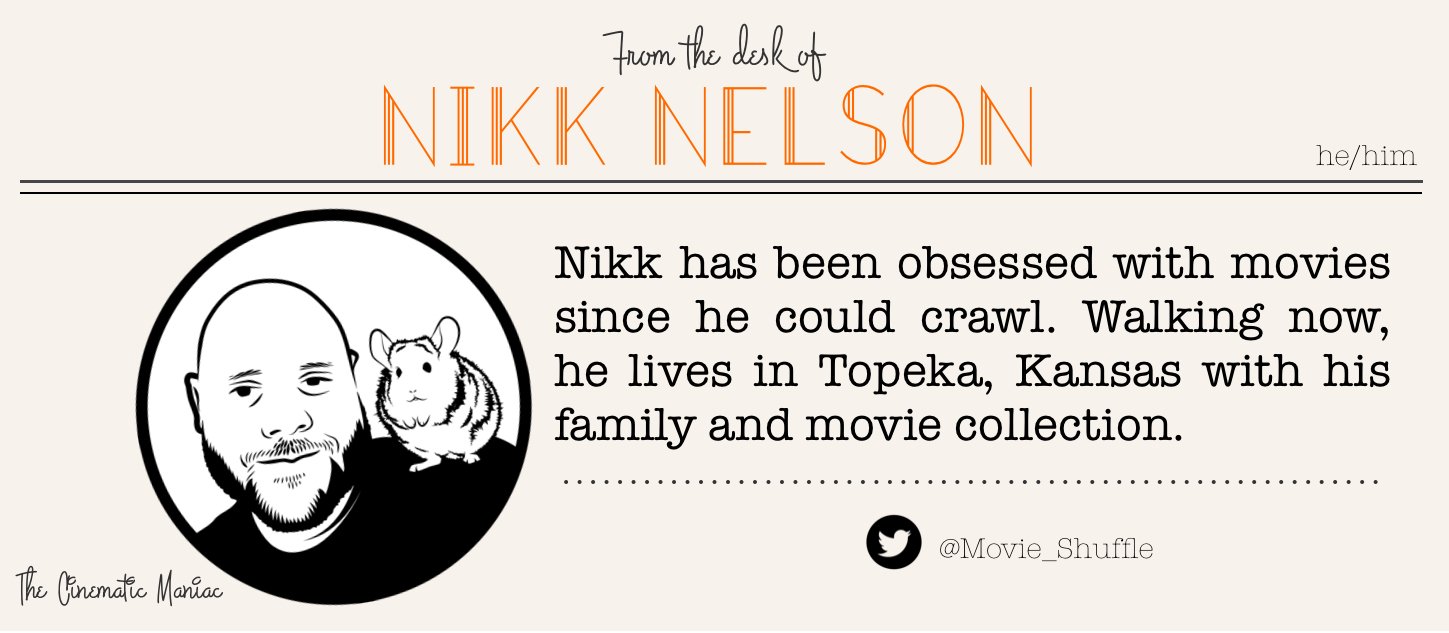How to be a social media samurai: A snowy college double feature
by Nikk Nelson, Staff Writer
“You shall no longer take things at second or third hand.
Nor look through the eyes of the dead.
Nor feed on the specters in books.
You shall not look through my eyes either, nor take things from me.
You shall listen to all sides and filter them from yourself.”
-Walt Whitman/Simon Wilder
Partly in celebration of the great Brendan Fraser revival, I wanted to look back at one of my favorite holiday movies of all time, With Honors (1994). Strictly speaking, With Honors is not a holiday movie. Films that kind of are and kind of aren’t, I have dubbed snowy movies, which I tend to watch during the holiday season. So, With Honors is one of my favorite snowy movies of all time. Even though Joe Pesci had a few entries in between, I consider this film to be his dramatic follow-up to My Cousin Vinny (1992), where a lot more people seemed to suddenly realize that Joe Pesci could play more than a gangster or a criminal. Its Rotten Tomatoes score intrigues me, sitting at a 19% critical rating but a 73% audience rating—I can’t help but feel like a lot of critics saw Joe Pesci working a little too hard to shake his typecasting and there are definitely moments where you can feel that, but overall, I agree with the audience. I think there’s a lot to appreciate about this movie and reasons to revisit it in 2023.
Brendan Fraser, following up the similarly set School Ties (1992) plays, Montgomery “Monty” Kessler, a promising undergrad at Harvard University, studying government—a topic I believe everyone should have an interest in given the <vaguely gestures at everything>. Monty is pessimistic about government’s role in the everyday lives of Americans, even going so far as to title the rough draft of his senior thesis, “The Bottomless Well of Need”. Watching this now, I had a sinking feeling that there were a lot of Monty Kessler’s in the ivy league in the nineties that ended up on district courts, in the halls of Congress, and on Fox News. As he rattles off the opening paragraph of his thesis, it’s basically summarized by “pull yourself up by your bootstraps”. Monty is met with a glowing endorsement from his thesis advisor Professor Pitkannan, played by Gore Vidal.
Monty’s Dan Quayle-iverse is shattered when, due to a power surge that fries his hard drive, the only remaining draft of his thesis falls fortuitously (or unfortunately, depending on your political views) into the hands of the unhoused Simon Wilder (Pesci). As Monty spends more and more time with Simon, who teaches Monty the importance of actually living life, Monty slowly realizes that <shocked face> a lot of people who have fallen on hard times are in fact victims of government action and are simply seeking justice from the same entity that, in fact, robbed them. Over winter break, Monty trashes the first draft of his thesis and what ends up being more or less a throwaway line gave me an epiphany for a perfect follow-up second feature. The rest of the film focuses on Simon’s slow, untimely death. It never circles back to the topic of Monty’s final thesis: “Advances in communication and technology will eventually allow the United States to accomplish its dream of pure democracy.” A very optimistic idea for a film made in 1994, when the internet was in its infancy.
Enter snowy movie number two: David Fincher’s The Social Network (2010). Also partially set at Harvard, for anyone unfamiliar with this Mark Zuckerberg biopic, I can’t recommend it enough. Yeah, but doesn’t David Fincher do dark movies? Well, if you haven’t seen this one since it came out or are going to see it for the first time, rest assured, it’s not just dark, it’s bleak. Whatever optimism Monty had about communication technology is completely destroyed by the pessimism of this film and by, I would argue, our current state of affairs with how government and social media interact in our society. Still, I found myself fascinated with Jesse Eisenberg’s performance as Mark Zuckerberg. I wondered if Mark might have had those same moments of Monty Kessler optimism in the beginning. Is there any of it left now? Seeing how Facebook unfolded in the subsequent thirteen years since the film was made makes it even more terrifying. You get the feeling that, even as smart as he was, he really had no idea (and had no way of knowing) what he was actually unleashing on the world.



